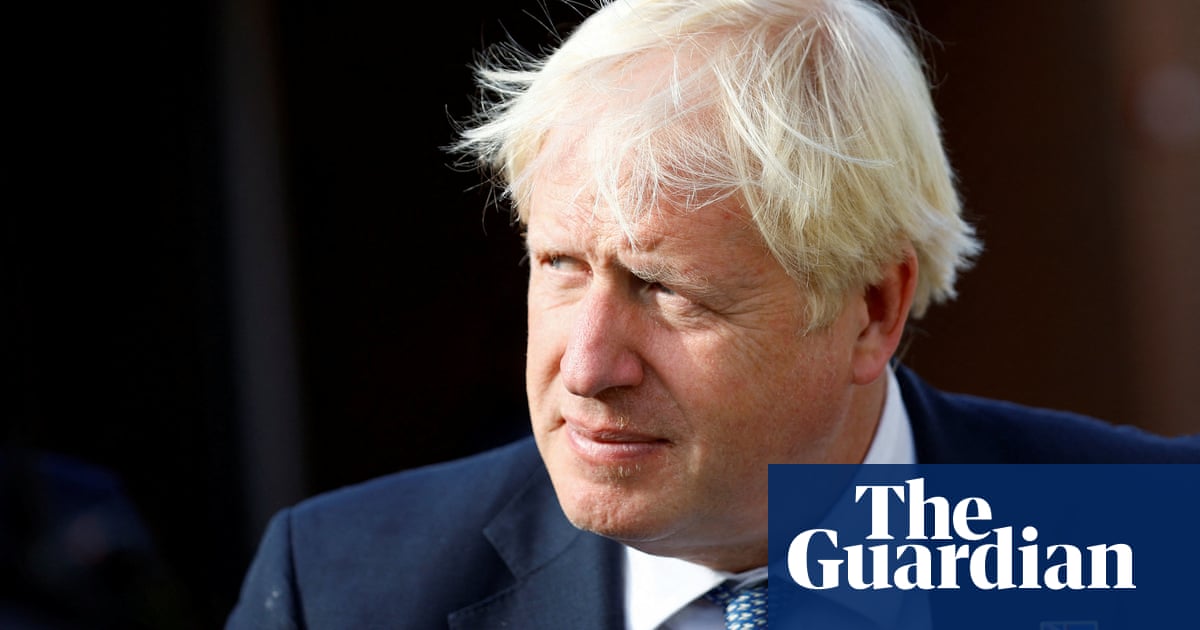
On Wednesday, Boris Johnson will be questioned about his management of the pandemic during the first of two days of the UK’s Covid inquiry.
The ex-prime minister made an appearance amid new developments in the investigation of his Covid-related WhatsApp messages. According to reports, approximately six months worth of messages cannot be recovered.
There has been a long story surrounding the evidence submitted by Johnson. The government led by Rishi Sunak has refused to provide the former prime minister’s unredacted messages, notebooks, and diaries until being instructed to do so by the high court.
Johnson, who will testify for two days in the inquiry starting Wednesday, has stated that he was unable to retrieve his WhatsApp messages from an old phone he used at the beginning of the pandemic due to forgetting the passcode. He denies any allegations of deleting the messages.
With help, he managed to retrieve the phone. However, according to a report by the Guardian in October, all WhatsApp messages from January 31, 2020 to June 7 of that year were inaccessible. This includes messages about the virus’s arrival and the events leading up to and following the initial lockdown.
According to The Times, the technical teams have not yet been able to retrieve the messages. Johnson mentioned to the inquiry that the cause of this issue remains unknown. A source close to Johnson did not verify this specific account of what happened.
The representative for the ex-prime minister stated that Boris Johnson has completely complied with the inquiry’s request for disclosure and has provided hundreds of pages of material. He has not removed any messages. The article from The Times mentions a technical problem in retrieving material, which is being addressed by the technical team.
Although Johnson’s WhatsApp messages are expected to be a valuable source of information for the ongoing investigation into government decision making, it is anticipated that the majority of his messages will be saved by the recipients who received them. These recipients likely included them as part of their own evidence.
The investigation has already reviewed communications from Johnson while other witnesses were testifying.
Johnson ceased using the specified iPhone in May of 2021 based on security recommendations, following the revelation that his phone number had been publicly available for a minimum of 15 years.
The data from the phone, diary, and notebooks of Johnson were submitted to the investigation without any edits after the high court rejected the Cabinet Office’s request for a judicial review. This decision was made by Lady Heather Hallett, the chair of the inquiry.
In the beginning, ministers were hesitant to release the entire set of unedited documents due to worries that they included confidential information, such as a child’s educational plans.
Some of the most eye-catching evidence seen so far has been from WhatsApp messages, including ones setting out the worries of people working with Johnson about his Downing Street operation.
Mark Sedwill, who held the highest position as a civil servant in the UK at the beginning of the pandemic, and Simon Case, who took over the role and remains in it, had exchanges where Case referred to the environment as “toxic” and “chaotic”.
Source: theguardian.com


